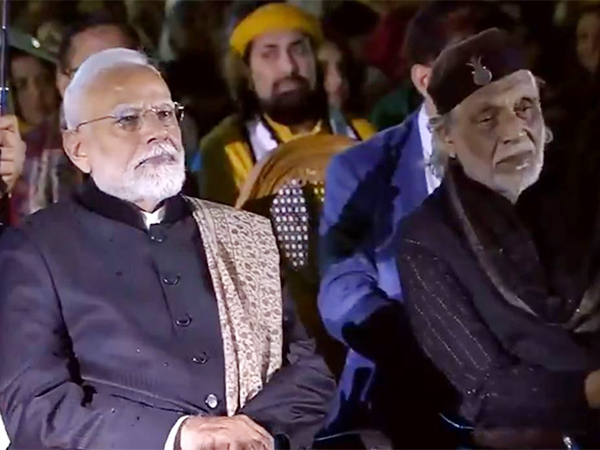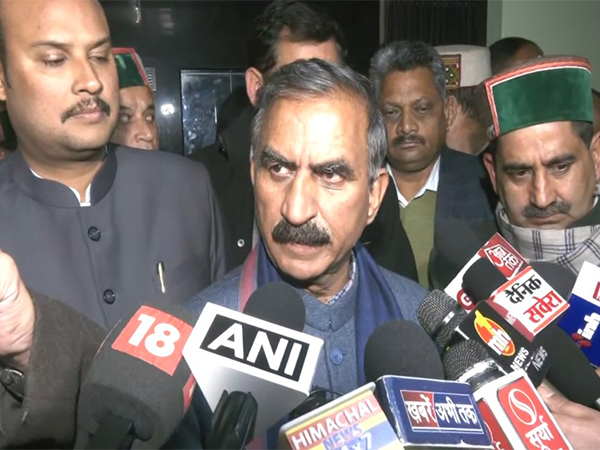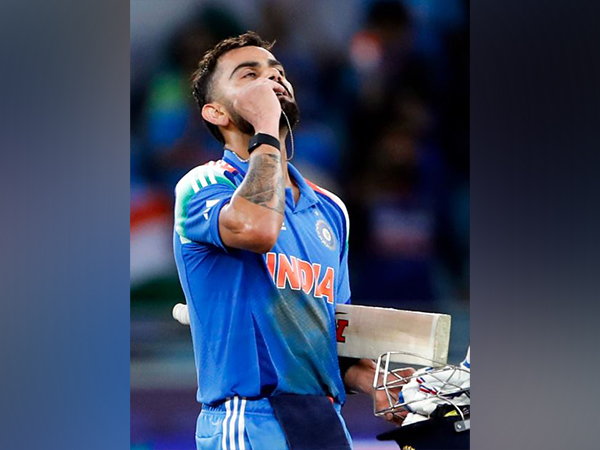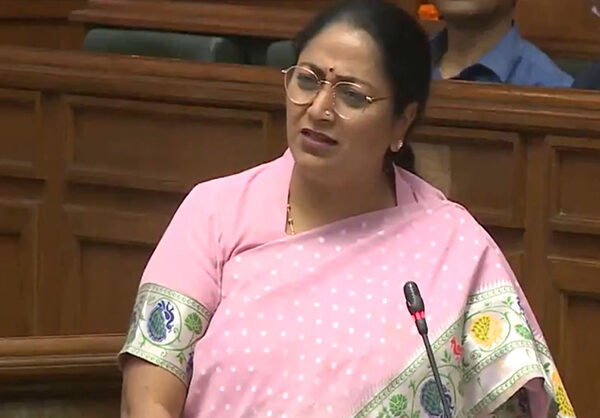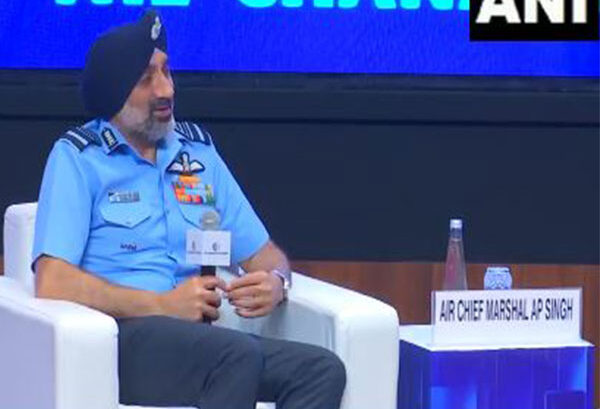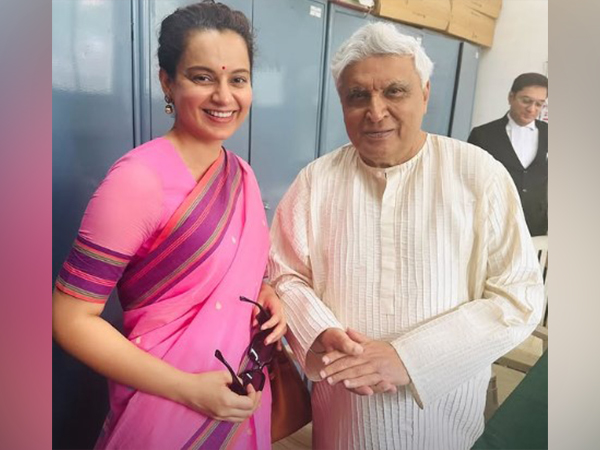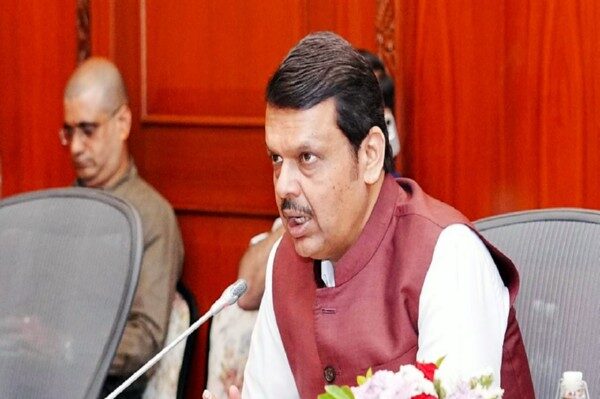Prime Minister Narendra Modi on Friday said that the Sufi music festival Jahan-e-Khusrau has made a place in the hearts of people, calling it its biggest success over the years.
Addressing the audience, PM Modi emphasised the significance of such festivals for the country’s culture and art.
“Before coming to the mehfil, I had the opportunity to visit THE Bazaar… Moments like these are not only important for the country’s culture and art but also bring a sense of relief,” he said.
“Jahan-e-Khusrau’s journey is completing 25 years. Over these years, this festival has carved a place in people’s hearts, which is its greatest success,” PM Modi added.
The Prime Minister also extended Ramzan greetings on the occasion.
“I extend my greetings to the entire country as Ramzan is about to begin. Since I am here at Sunder Nursery, it is important to remember Aga Khan. His contribution to beautifying Sunder Nursery has been a blessing for many artists,” he said.
“In the ‘Nazr-e-Krishna’ presented here, we saw glimpses of our shared heritage. There is a unique fragrance in this event of Jahan-e-Khusrau–the fragrance of Hindustan’s soil!” he added.
PM Modi stated that Amir Khusrau described India as greater than all the big countries of the world at that time
“Hazrat Amir Khusrau described India as greater than all the big countries of the world at that time…He called Sanskrit the best language in the world…He considers the wise men of India to be greater than even the greatest scholars,” he said.
Speaking about Sufi culture, he remarked, “When Sufi culture came to India, it felt connected to its roots.”
The three-day festival, held from February 28 to March 2, brings together artists from across the world to celebrate the legacy of Amir Khusrau.
Organized by the Rumi Foundation, the festival was started by renowned filmmaker and artist Muzaffar Ali in 2001 and is celebrating its 25th anniversary this year.
During the event, the Prime Minister visited the TEH Bazaar (TEH: The Exploration of the Handmade), which showcased One District-One Product crafts, exquisite artifacts from across the country, and short films on handicrafts and handlooms.
He also interacted with shopkeepers during his visit to the Bazaar. (ANI)
